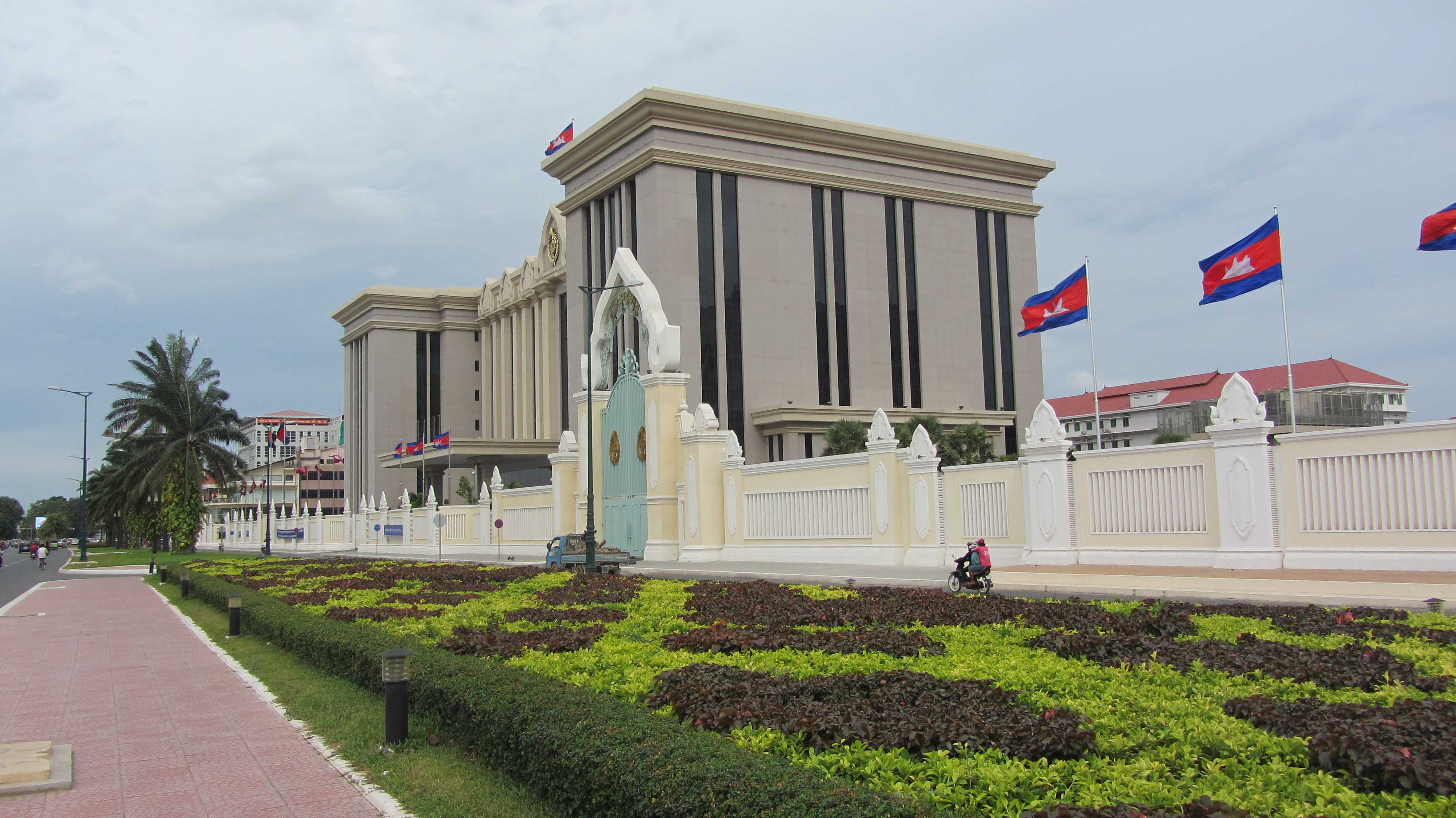
IF ever there was a contender for the country which most clearly exemplifies frontier market risk, then surely it is Cambodia.
I recall around a decade ago being at a meeting with a bulge-bracket American investment bank in Hong Kong. One of their DCM honchos breathlessly announced that the bank had won a mandate to arrange a public offshore bond for the country.
The deal, which would have represented Cambodia’s offshore bond market debut, never emerged. The fact that the mandate was treated at the time as a credible proposition now seems like a historical artefact of rose-tinted thinking towards the frontier market space. Recent developments in the country and elsewhere in the frontier asset class demonstrate just how risky an item it is.
The border conflict in Myanmar, Mongolia’s near default on offshore debt, and the drift to authoritarianism amid political protest, characterize developments in the frontier markets.
Earlier this month, Kem Sokha, the leader of Cambodia’s main opposition party, Cambodia National Rescue Party, was arrested and accused of treason, supposedly for collaborating with the United States in an attempt to politically destabilize the country.
A sense of foreboding lingered after the arrest of Sokha and his bodyguards by around 100 police, to be escorted to a remote prison on the border with Vietnam. The National Rescue Party’s leader, Sam Rainsy, sits in exile in France, and the latest arrest signals the will to crush any form of political opposition by the country’s long-serving prime minister, Hun Sen, who has been in power since 1979.
Fans of Machiavelli might applaud the crackdown. However, as the country prepares for a general election next year, the reality is that present political and economic circumstances in Cambodia risk deterioration to a failed state.
Political pundit and government critic Kem Ley was gunned down just over a year ago in Phnom Penh, in what was widely regarded as a political assassination. Since then, a sense that the country has drifted away from democracy towards full-blown authoritarianism has taken hold.
“Cambodia's politics have veered dangerously out of control,” wrote the Council on Foreign Relations, soon after Ley’s murder. “The government's brutal tactics of the 1990s and early 2000s, when political activists were routinely murdered and opposition parties nearly put out of business, have returned.” This month’s arrest of Sokha hammers that point home.
But it’s not just politics in Cambodia which is dangerously dysfunctional. The country’s economy faces payback for its concentration risk to textiles and garment manufacturing. Some 70 factories in the apparel industry shut last year as the result of political tensions; orders are down by around 30% and new factory openings are way below the long-term trend.
Any risks to Cambodia’s export growth as the result of failing to deliver on orders would be punished by the ratings agencies, which currently have Cambodia at B2/B+ (Moody’s/S&P). Ditto for a sharp deterioration in the political climate.
Of course, those ratings are relatively immaterial, given Cambodia’s lack of any offshore debt. But I think back to that mandate and contemplate the deterioration which has occurred in the meantime. That deterioration might well be categorized as a tragedy for Cambodia, all things being equal. But it also represents a large red flag for the frontier asset class, and means that any bond issuance from the sector must be viewed with extreme caution.









